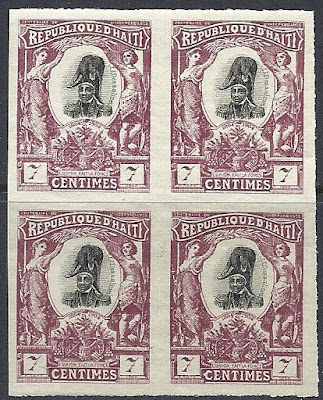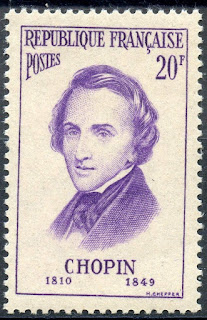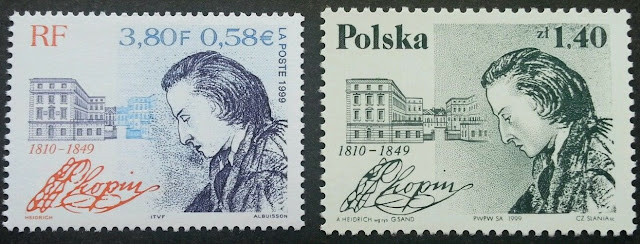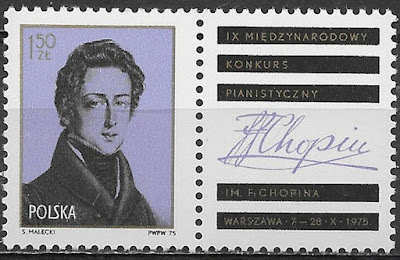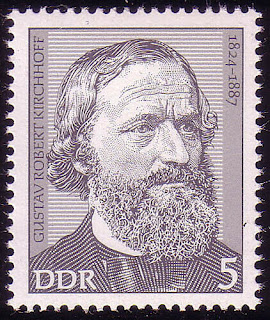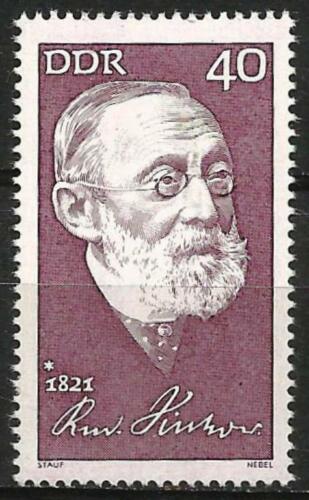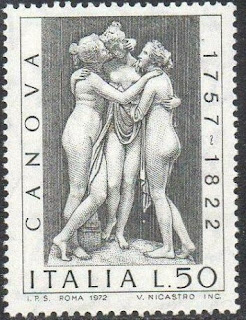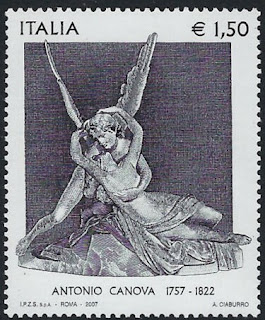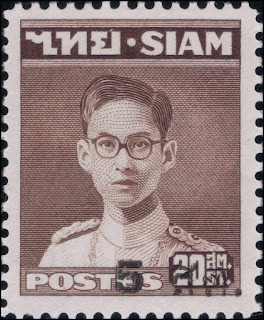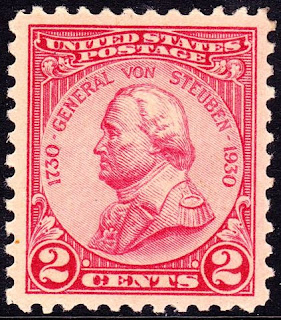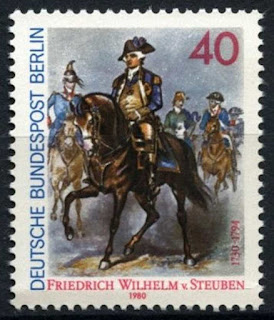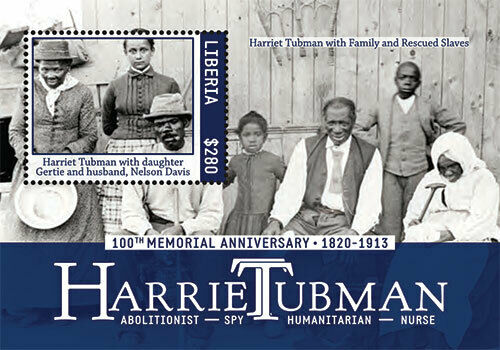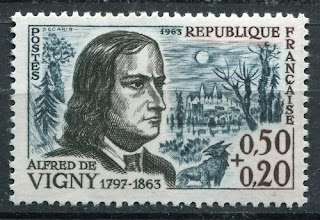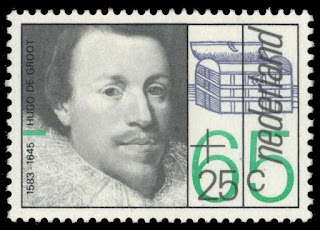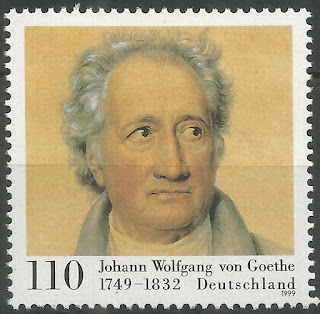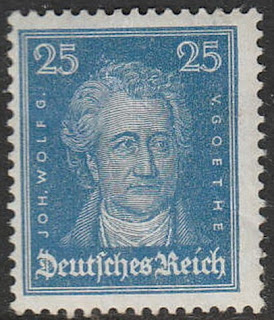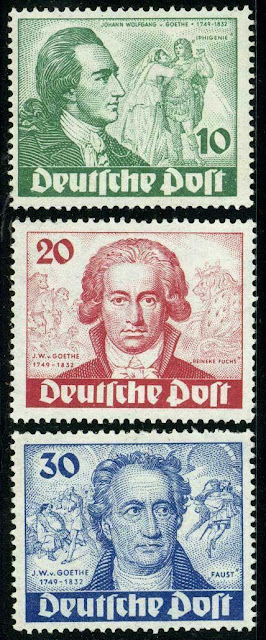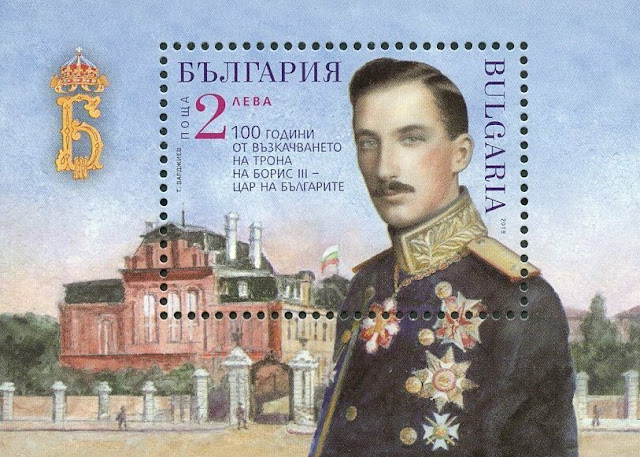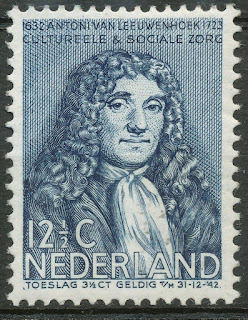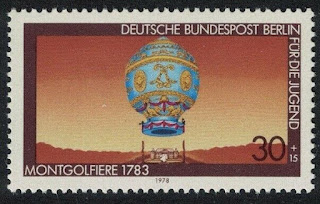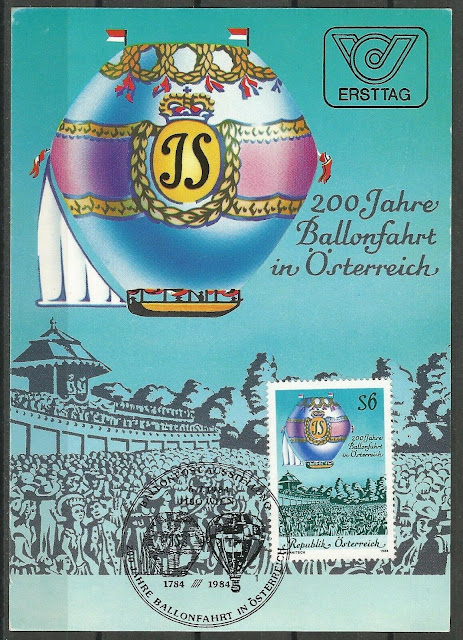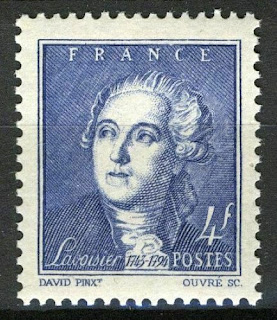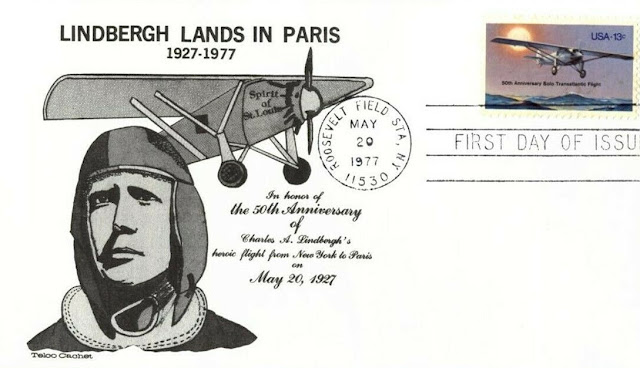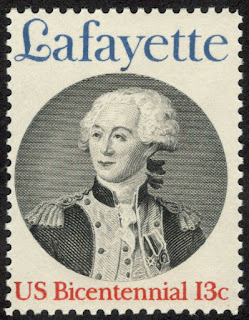Here are some events that happened on October 17th. It could be an event or a person that died or was born on that day
1806 Died: Jean-Jacques Dessalines, Haitian commander and politician, Governor-General of Haiti (b. 1758)
Jean-Jacques Dessalines (Haitian Creole: Jan-Jak Desalin; 20 September 1758 – 17 October 1806) was a leader of the Haitian Revolution and the first ruler of an independent Haiti under the 1805 constitution. Under Dessalines, Haiti became the first country in the Americas to permanently abolish slavery. Initially regarded as governor-general, Dessalines was later named Emperor of Haiti as Jacques I (1804–1806) by generals of the Haitian Revolution Army and ruled in that capacity until being assassinated in 1806. He is regarded as one of the founding fathers of Haiti.
Dessalines served as an officer in the French army, when the colony was fending off Spanish and British incursions. Later he rose to become a commander in the revolt against France. As Toussaint Louverture's principal lieutenant, he led many successful engagements, including the Battle of Crête-à-Pierrot.
After the betrayal and capture of Toussaint Louverture in 1802, Dessalines became the leader of the revolution. He defeated a French army at the Battle of Vertières in 1803. Declaring Haiti an independent nation in 1804, Dessalines was chosen by a council of generals to assume the office of governor-general. He ordered the 1804 Haiti massacre of French settlers in Haiti, resulting in the deaths of between 3,000 and 5,000 people, but declared that the Polish foreign mercenaries who defected from the French Legion could remain in the new country. In September 1804, he was proclaimed emperor by the Generals of the Haitian Revolution Army and ruled in that capacity until being assassinated in 1806.
Stamps from Haiti depicting Jean-Jacques Dessalines
1849 Died: Frédéric Chopin, Polish pianist and composer (b. 1810)
Frédéric François Chopin, born Fryderyk Franciszek Chopin (1 March 1810 – 17 October 1849), was a Polish composer and virtuoso pianist of the Romantic era who wrote primarily for solo piano. He has maintained worldwide renown as a leading musician of his era, one whose "poetic genius was based on a professional technique that was without equal in his generation."
Chopin was born in Żelazowa Wola in the Duchy of Warsaw and grew up in Warsaw, which in 1815 became part of Congress Poland. A child prodigy, he completed his musical education and composed his earlier works in Warsaw before leaving Poland at the age of 20, less than a month before the outbreak of the November 1830 Uprising. At 21, he settled in Paris. Thereafter—in the last 18 years of his life—he gave only 30 public performances, preferring the more intimate atmosphere of the salon. He supported himself by selling his compositions and by giving piano lessons, for which he was in high demand. Chopin formed a friendship with Franz Liszt and was admired by many of his other musical contemporaries, including Robert Schumann.
After a failed engagement to Maria Wodzińska from 1836 to 1837, he maintained an often troubled relationship with the French writer Amantine Dupin (known by her pen name, George Sand). A brief and unhappy visit to Majorca with Sand in 1838–39 would prove one of his most productive periods of composition. In his final years, he was supported financially by his admirer Jane Stirling, who also arranged for him to visit Scotland in 1848. For most of his life, Chopin was in poor health. He died in Paris in 1849 at the age of 39, probably of pericarditis aggravated by tuberculosis.
All of Chopin's compositions include the piano. Most are for solo piano, though he also wrote two piano concertos, a few chamber pieces, and some 19 songs set to Polish lyrics. His piano writing was technically demanding and expanded the limits of the instrument, his own performances noted for their nuance and sensitivity. His major piano works also include mazurkas, waltzes, nocturnes, polonaises, the instrumental ballade (which Chopin created as an instrumental genre), études, impromptus, scherzos, preludes and sonatas, some published only posthumously. Among the influences on his style of composition were Polish folk music, the classical tradition of J. S. Bach, Mozart, and Schubert, and the atmosphere of the Paris salons of which he was a frequent guest. His innovations in style, harmony, and musical form, and his association of music with nationalism, were influential throughout and after the late Romantic period.
Chopin's music, his status as one of music's earliest celebrities, his indirect association with political insurrection, his high-profile love-life, and his early death have made him a leading symbol of the Romantic era. His works remain popular, and he has been the subject of numerous films and biographies of varying historical fidelity.
Stamps from Poland and France depicting Chopin
1887 Died: Gustav Kirchhoff, German physicist and chemist (b. 1824)
Gustav Robert Kirchhoff (12 March 1824 – 17 October 1887) was a German physicist who contributed to the fundamental understanding of electrical circuits, spectroscopy, and the emission of black-body radiation by heated objects.
He coined the term black-body radiation in 1862. Several different sets of concepts are named "Kirchhoff's laws" after him, concerning such diverse subjects as black-body radiation and spectroscopy, electrical circuits, and thermochemistry. The Bunsen–Kirchhoff Award for spectroscopy is named after him and his colleague, Robert Bunsen.
Stamps from Berlin and East Germany depicting Gustav Kirchhoff

